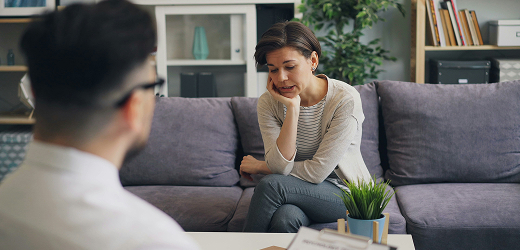At Kind Soul Psych, I provide high-quality, evidence‑based therapy tailored to your needs. In a warm, structured space, we translate insight into meaningful change, at a pace which feels safe and sustainable for you.

Pick the option that fits your needs today.

A calm, confidential space to talk, be heard and make sense of what’s going on.

Skills and support for intense emotions and impulsive urges.

A neutral, supportive space to improve communication and rebuild closeness.
I provide 50‑minute sessions weekly, ensuring momentum
In the first session, I clarify goals, relevant history and a practical plan
in person (Harley Street/EC1) or online
Regular check‑ins so therapy stays aligned with what you need
Ask for a free 20‑minute phone consultation to confirm fit and next steps.

see current rates on the Fees page or the individual service pages.
Reschedule/cancel up to 48 hours before your appointment without charge.
I can supply invoices on request if therapy is paid for by an employer or other organisation.
I do not accept payments from insurance providers for therapy.
Every journey is unique. Many people see progress in 10–12 sessions; others benefit from longer‑term work. We’ll review regularly.
Yes—secure video sessions are available for clients across the UK and internationally (time zones permitting).
We can discuss this in our initial consultation; I also provide information on this website about different types of therapy, which can help you to consider which therapy type is best for you.
Emergency appointments are reserved for clients in acute distress. These focus on immediate stabilisation, safety planning and appropriate signposting.
I’m a psychotherapist with extensive NHS and private‑practice experience. My approach is warm, collaborative and practical: together we build understanding and skills so you can create steady, meaningful change.

Small, consistent steps make a real difference. If you’re ready, let’s begin.
0203 576 1750
© 2026 All Rights Reserved.